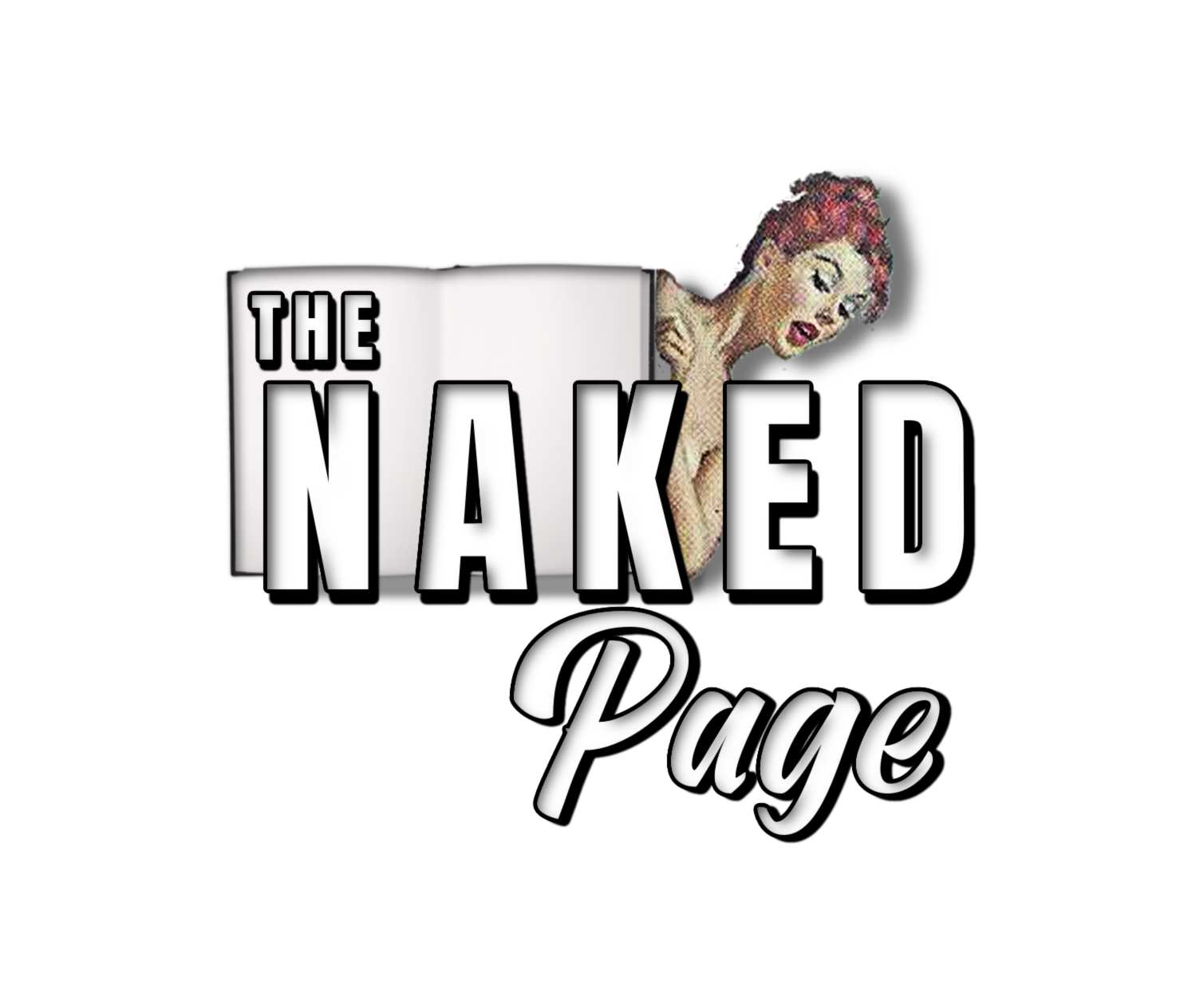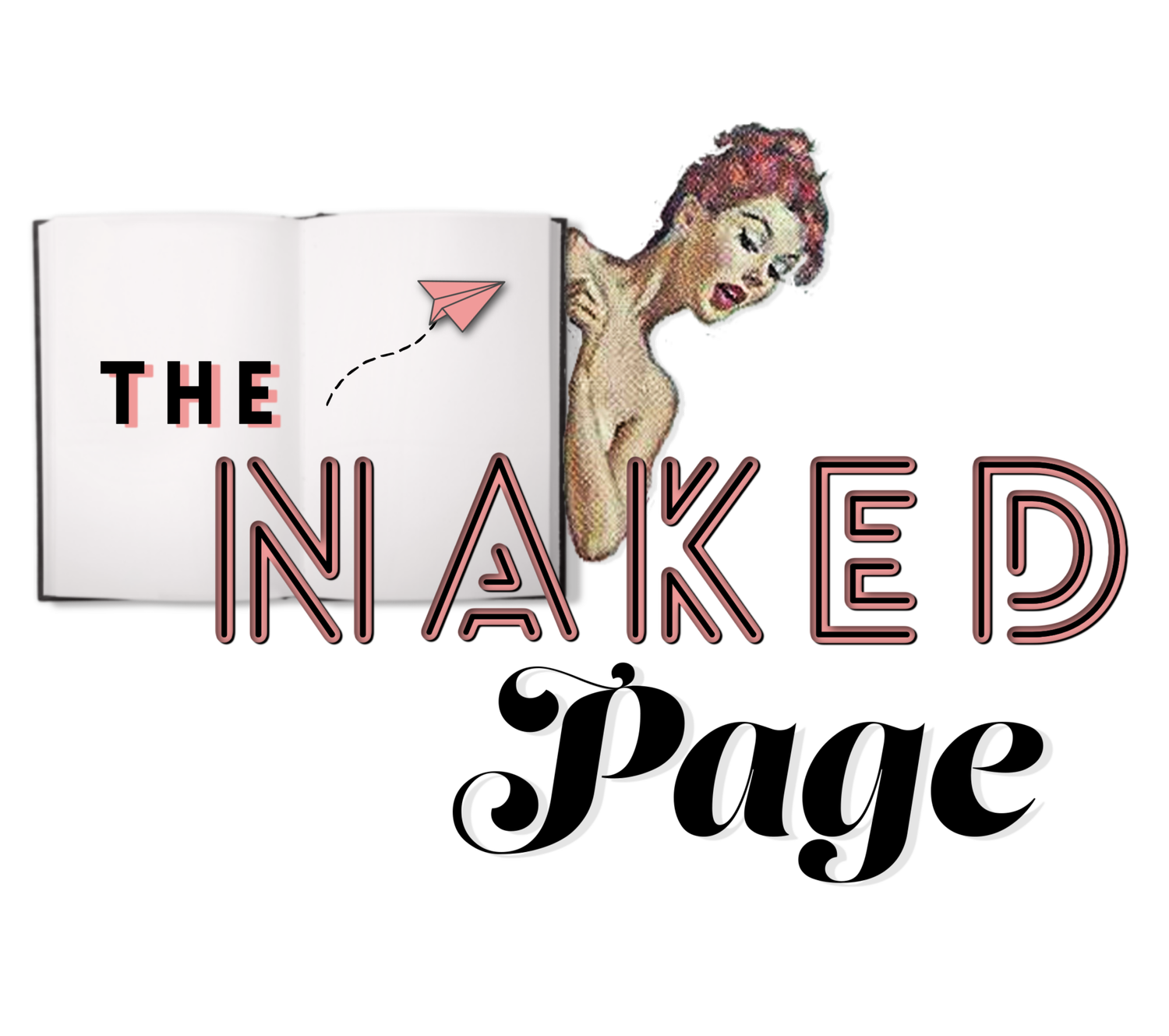Why I Quit My Writing Group
I’ve bailed on not one, but several writing groups. (And not over the lack of good snacks, either.)
What was that famous Groucho Marx line? I wouldn’t join any group that would have me as a member.
I left one group because I didn’t want to read my miscarriage story to a room full of men. I’ve left others because the focus was solely on socializing.
“Can encouragement and practical advice exist side-by-side?”
More recently I bailed on a writing group I co-founded.
The group was evolving into a community co-writing space. That works well for some writers, but it’s not my thing. My husband loves to draft in coffee shops. But writing around other people gives me hives.
I’m a bit of a lone wolf when I write.
Group dynamics during the production of a story make me feel like I’m back in high school when the teacher tells you to work on your research paper. No thanks. I’ll just doodle. Because the damn minute I decide to get focused, some idiot football player will make snarky comments to his buddy or the fire drill will go off.
Why not just stay home, write in my bathrobe, and not relive the horrors of high school?
I’m too easily distracted to write with other people in the room.
Okay, fine, I’ll admit it. I’m a runner.
Throughout my years of writing, I’ve run from groups that were overly harsh, groups that were overly woo woo, groups that focused too much on fiction, groups that focused too much on marketing.
I’ve also left groups because I didn’t feel like I was allowed to give feedback. Some collective spaces focus so fiercely on inspiration they derail the opportunity for real critiques.
But can’t encouragement and practical advice exist side-by-side?
I think so.
“Learn to give insightful and courteous critiques.”
Yet many online writing groups emphasize motivation at the expense of honest feedback. Don’t get me wrong. When I say, “honest” feedback I don’t mean “cutting” or “aggressive” attacks. I believe writing group members must learn how to give insightful and courteous critiques. But it distresses me when I see groups pushing word count goals, while no one is helping writers better their stories.
In one online group, I witnessed a writer face total dejection. She’d submitted a book proposal that was rejected by an agent, stating her book lacked a bigger focus. The writer didn’t understand what the agent was after. Hurt and confused, she posted the agent’s quote and looked for others to commiserate with.
Silent, I was dripping with guilt.
I knew exactly what that agent was looking for. And I could’ve helped her better prepare her book proposal and manuscript using a strong central message and ideal audience. But due to the group’s focus on rah rah positivity, I worried my suggestions wouldn’t be well received. Like I’d be the lone gunman firing off critiques into a crowd of peace-loving hippies.
So, I acquiesced.
“No one tells the truth, and no one really wants to hear it.”
— Jennie Nash
But I’m not alone in my writing group apprehension.
Jennie Nash sums up her angsty groupthink feelings in The 4 Hidden Dangers of Writing Groups.
The first caution is, “no one tells the truth, and no one really wants to hear it.”
This describes my experience to a T.
“Many groups aim for applause over examination. ”
But I hate this for new writers. It means many who want to break into the market will get slammed by an agent or publisher before they receive any real criticism from people they know and trust.
That can be a devastating blow—the death knell for a new author.
Even Neil Gaiman gets into the anti-feedback action when he says, “Remember: when people tell you something’s wrong or doesn’t work for them, they are almost always right. When they tell you exactly what they think is wrong and how to fix it, they are almost always wrong.”
I don’t think either Jennie Nash or Neil Gaiman are indicting writing groups. They’re dissecting why so many of these gatherings fail their members.
Many groups aim for applause over examination.
But leaving writers thinking they have a masterpiece when their manuscript could use a little more TLC is cruel and unusual punishment. Shouldn’t someone be giving a little guidance before the ax falls from an agent?
I started thinking, “what’s the ultimate goal of a writing group, anyway?”
Taking a step back, I observed.
I followed online writing groups without getting involved. I looked at what local gatherings offered and what they didn’t provide. I interviewed a friend who runs the biggest book club (over 500 members and we’re talking readers, not writers) in Phoenix. And I spent time working solo with individual writers.
What I discovered was becoming a developmental editor had changed me.
“I’m no longer a cheerleader, I’m a medic. A conduit between the writer and their reader. ”
Writing coaching had shifted my focus. As someone who sits with other people’s material, ensuring it’s in the best shape before it stands in the spotlight, I can’t bite my tongue when I see a story in need of a little tweaking—not twerking, that’s a different blog.
Why?
Because I know what happens among readers and with that—not so nice—editor. That book you worked so hard to bring into the world will get ripped to shreds if it’s not in top form. Too much niceness now could mean facing an unexpected tempest down the road.
So, I switched gears.
I’m no longer a cheerleader, I’m a medic. A conduit between the writer and their reader.
That means giving writers support through kind, but constructive criticism. Not wrapping them up in false hope.
Most people will agree therapeutic writing is valuable. But much of this practice is based on free writing or journaling. All is well if you keep those words under lock and key. With this method, you don’t need a group.
But as soon as you start shaping and sharing stories, you’ve got new challenges. Profound personal changes happen when an author starts structuring their words, but they must also be prepared for getting attention. And for that, support helps.
Only in storytelling can a writer make meaning and find their voice by learning to craft their stories for an audience. Writing for a bigger purpose is a transformative experience. You as the writer are not alone anymore. Your readers need to get involved.
And creative writers craving marketability need readers early on. Just note, readers will expect to get value out of a writer’s work. That means writers must value the audience’s experiences. Not just how they as writers feel about the writing process.
As we move into a more global society, it’s never enough to think only about what the writing process means for you, the writer.
Now, you’ve gotta consider how a reader in a distant country might connect to your material.
So, where does that lead us?
Back to the writing group, of course!
If you’re serious about writing, consider participating in a writing group.
Just realize these gatherings aren’t one-size-fits-all.
Find a group that serves you. But be honest with where you’re at in the process. Groups that are about accountability are for people who need community and struggle to make writing happen. If you’ve finished a rough draft, you may need something different. A critique group will motivate you to start self-editing.
When I was honest with myself, I discovered my running came from an unlikely source: grief.
Yep, it’s true.
If you’ve read my last blog post, you know I had years as an assistant to one of the top writing coaches in the States. It’s been hard finding anything that compares to Rosemary Daniell’s Zona Rosa. With a longevity of 38 years and counting, the group balanced essential feedback with strong writer support. And boasted over 250 published authors.
Even more, I lost a friend from Zona Rosa last year. Ricci did more than attend each yearly writing beach retreat with us, she gave me a sense of my writer’s voice.
She once told me, “your writing style is like your fashion choices. You take lots of pieces of different stuff, but when you pull it all together, everything works.”
Having Ricci see me in that way proved to be a motivator for evolving my storytelling style and now my writing coaching. I’ve never found a new group that could replicate that experience. And I’ve had trouble coming to terms with the loss.
But writers need groups of people to support them.
Even little anti-social me has to acknowledge that my writing can’t survive in a vacuum. If you plan to get your writing out to other people, you need to understand how your words will appeal to them.
And if you spend a lot of time behind a computer, you need to get out just to get out. Connecting with other writers is important. Authors need like-minded associates they can trust with their most intimate stories.
Along with having some of my best ah-ha moments in these gatherings, a group can also be where you find beta readers or test-drive new ideas. Or simply the place that keeps your scribey self from isolating.
So, how do you find a writing group that fits you?
Ask yourself what kind of support you need.
Right now, you might struggle with isolation and motivation. If that’s you and you’re in the Phoenix area, get involved with my friend Devin’s free co-writing community. These monthly meetings are held in a super artsy environment with women committed to the process of writing.
And for those of you not local and looking for more in-depth critiques?
I’ve got you covered.
After several requests for a feedback group, I’ve decided to revive the Narrative Nest. (She’ll be back to life soon, I promise.)
This spot’s for you if you’re looking for a gathering that’s part support group, part classroom. The meetings will serve writers both in-person and online. And I’ll welcome any women writers who want to amplify their personal storytelling.
This writing group will hinge on two crucial components:
To help writers get comfortable sharing their personal writing.
To give writers a pragmatic approach for crafting better stories.
The role of a critique group is to help all writers learn how to give and receive constructive feedback.
Giving encouragement and critiques at the same time sounds easy, but the truth is many of us writers don’t know how to give and/or receive—yeah, go ahead and make your twisted joke here, potty brain.
Here are a few more details.
Starting in May, I will begin offering a monthly package for writers with a WIP—work in progress.
The group will include these features:
For writers of personal essays, memoirs, or works of fiction based on personal accounts
Members can send up to 10 pages of writing via Google Docs prior to the meeting for individual developmental editing & hold a spot in the monthly group
We’ll cover topics like the author’s platform, social media, structuring your stories, dealing with visibility issues, and breaking into the writer’s market
Each member will get essential tips on how to give and receive feedback and how to prepare to be seen.
The 3 meetings per month will include
One monthly Saturday meeting you can attend in person or online via Zoom (I’ve consciously made this choice to ensure non-local and busy moms can participate, too). Here, you’ll be able to share up to 10 pages of writing.
Two biweekly accountability/platform-building Zoom calls to help you stay on track and get the most out of your author’s platform.
In addition to the upcoming group, I also have 3 books I’m currently editing and formatting:
Burn Your Journal: How to Ignite a Red-Hot Writing Obsession
Exposed: Bad Writing Advice—And How to Transform it into Useful Storytelling Strategies
How to Train Your Beta Reader
In the meantime:
Hold your vision. Identify your need for support. Seek out your people.
Ask yourself, “what’s stopping me from participating in a group experience?”


